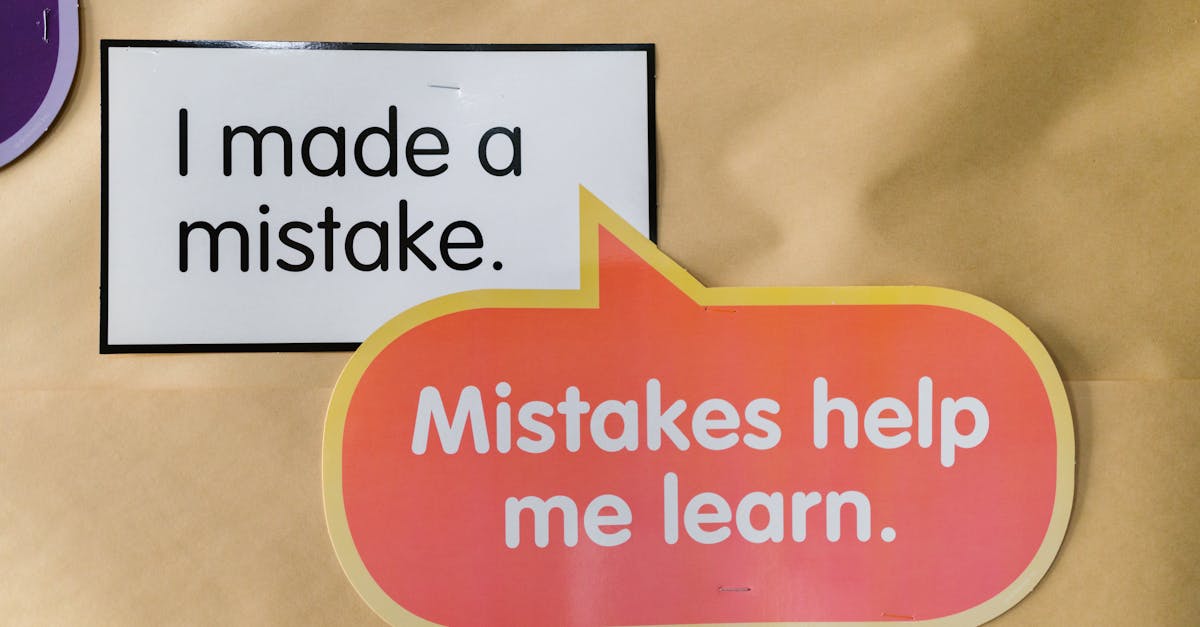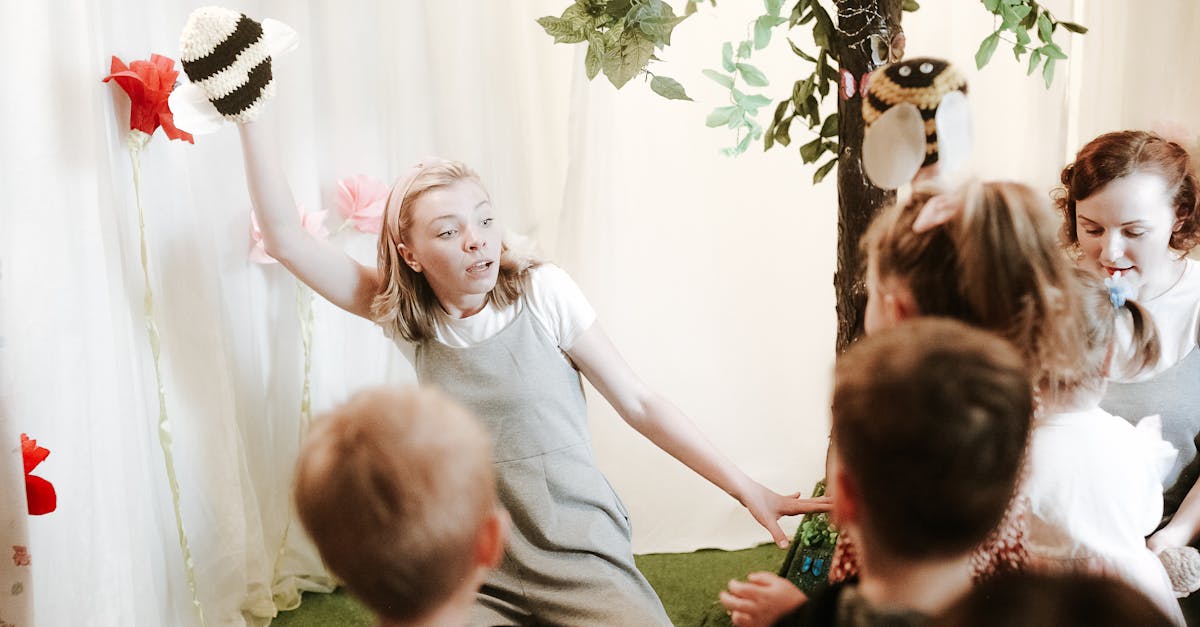Exploring Sin: A Gentle Approach
Introducing the concept of sin to pre-schoolers requires a gentle touch. Rather than diving into complex theological issues, start with simple stories of honesty and kindness.
Use metaphors like sticky tape for bad behavior that clings until we pull it off. Remember, at this age, kids absorb more from what they see and do than from lectures. Don’t worry if they don’t get it right away; each child is a work in progress!
My own kid, Tommy, once thought eating extra cookies was the biggest sin, and the laughter we shared over it helped him learn gently. Keep the focus on understanding rather than just rule-following.

The Joy of Repentance: Turning Mistakes Into Lessons
Picture repentance as a magical eraser that allows us to fix our mistakes. Teach it through role-play or story time. Tell tales where characters make errors but learn and make amends. Kids love stories!
Encourage them to think about how saying ‘sorry’ or sharing can turn frowns upside down. My daughter Lucy felt the power of repentance when she apologized for messing up her brother’s Lego tower and rebuilt it with him.
Repentance builds resilience and empathy—traits which outshine any temporary lapses in judgment.

Let’s embrace the lessons that come from our mistakes, fostering a culture of understanding and growth in our children.
Faith: Building a Moral Compass Early
Faith is like planting seeds for an ethical garden. It’s essential to incorporate daily rituals or bedtime prayers that reinforce positive behavior and love.
Connecting Actions with Faith
Start with questions like, ‘What did you do today that made someone smile?’ This helps connect actions with faith in a tangible way. My little gardeners love recounting their day as it brings out their proud moments of kindness like treasures.
Crafting the Internal Compass
These moments help craft their internal compass, which is essential for navigating life’s moral puzzles.

By nurturing these seeds of faith and kindness early on, we can guide our children towards becoming empathetic and morally grounded individuals.
Emotional Challenges: Navigating Preschooler Reactions
When discussing sin and repentance, expect emotional challenges. Children may feel guilt or fear over their mistakes. It’s essential to address these feelings with comfort and hugs, emphasizing the importance of learning from mishaps instead of fearing them.
One effective way to do this is by sharing your own stories of mistakes turned into lessons; it humanizes the learning curve for them. For example, I once tripped over something silly, and sharing that story lightened the atmosphere and illustrated the process of recovering from errors.
Keeping emotions in check fosters a nurturing environment for moral development.

Engage and Learn: Fostering Interactive Lessons
Interaction is key! Engage students with fun activities that underscore these lessons. Crafts, puppet shows, or songs can teach big ideas in small steps. Encourage them to ask questions, even seemingly outlandish ones, as it shows their gears turning.
For instance, during a puppet show, our dog puppet once asked why he couldn’t eat homework—it was a hit!
Parents can share insights and challenges in the comments, creating a supportive community filled with shared wisdom and laughs.
Remember, learning is a journey you walk together!

